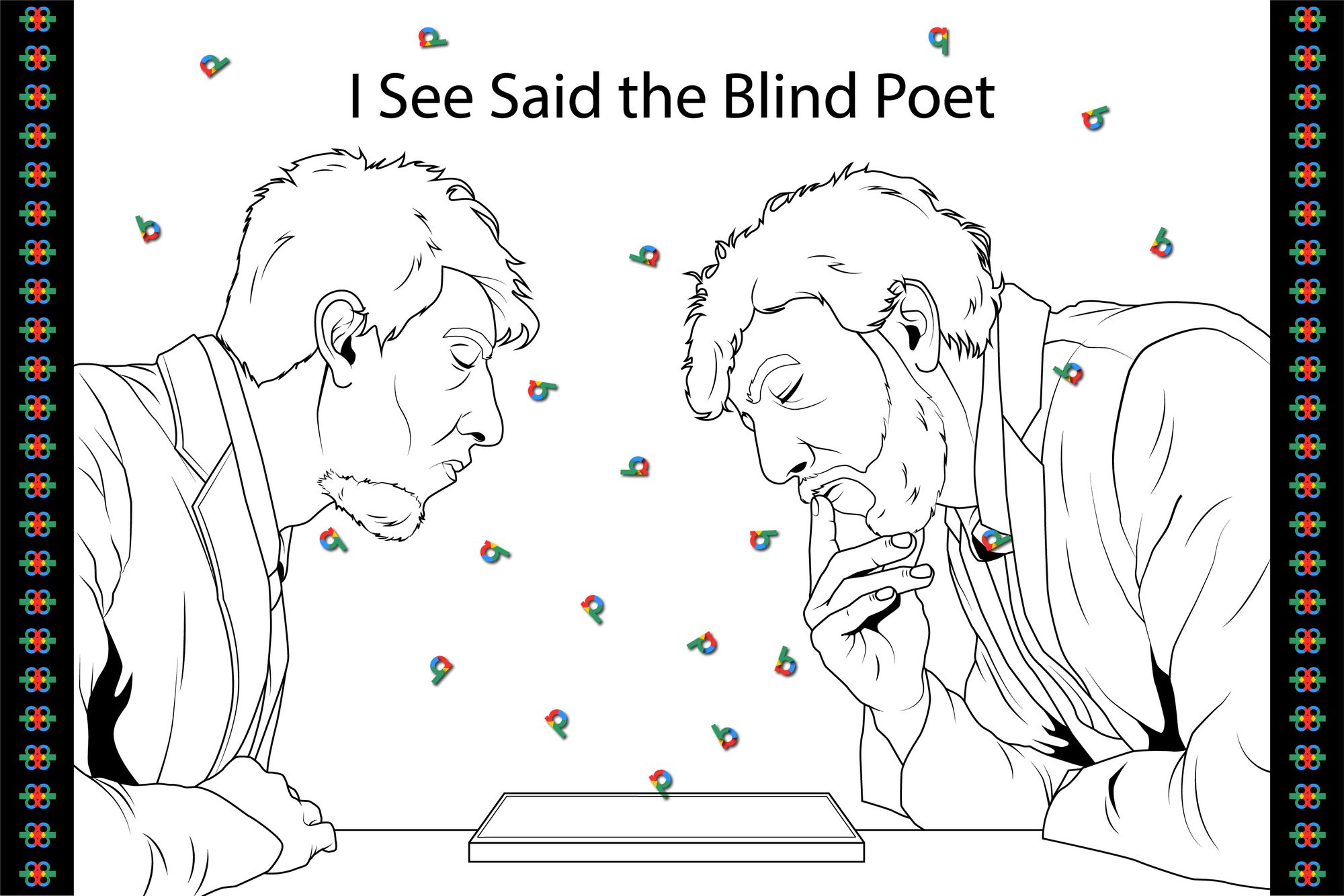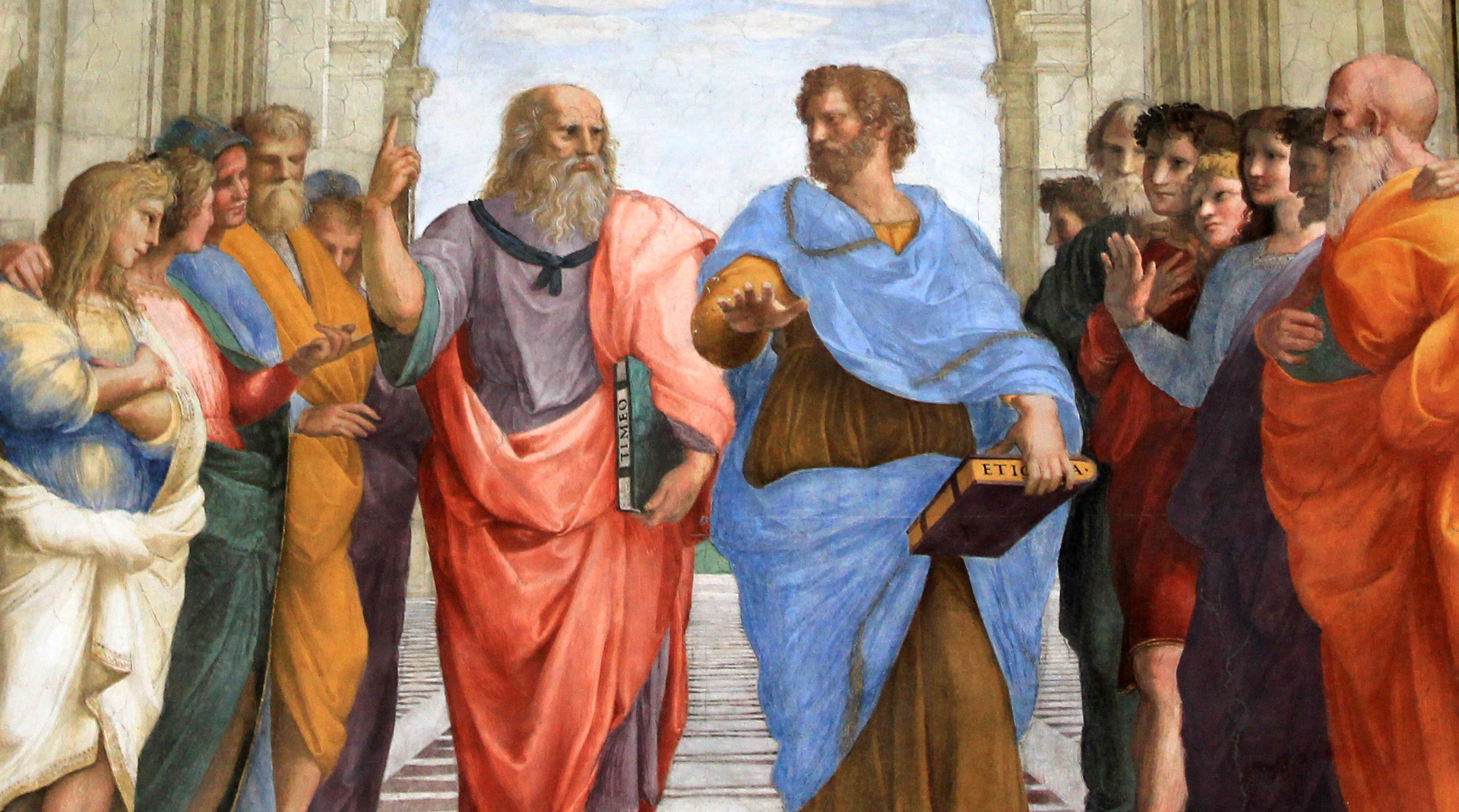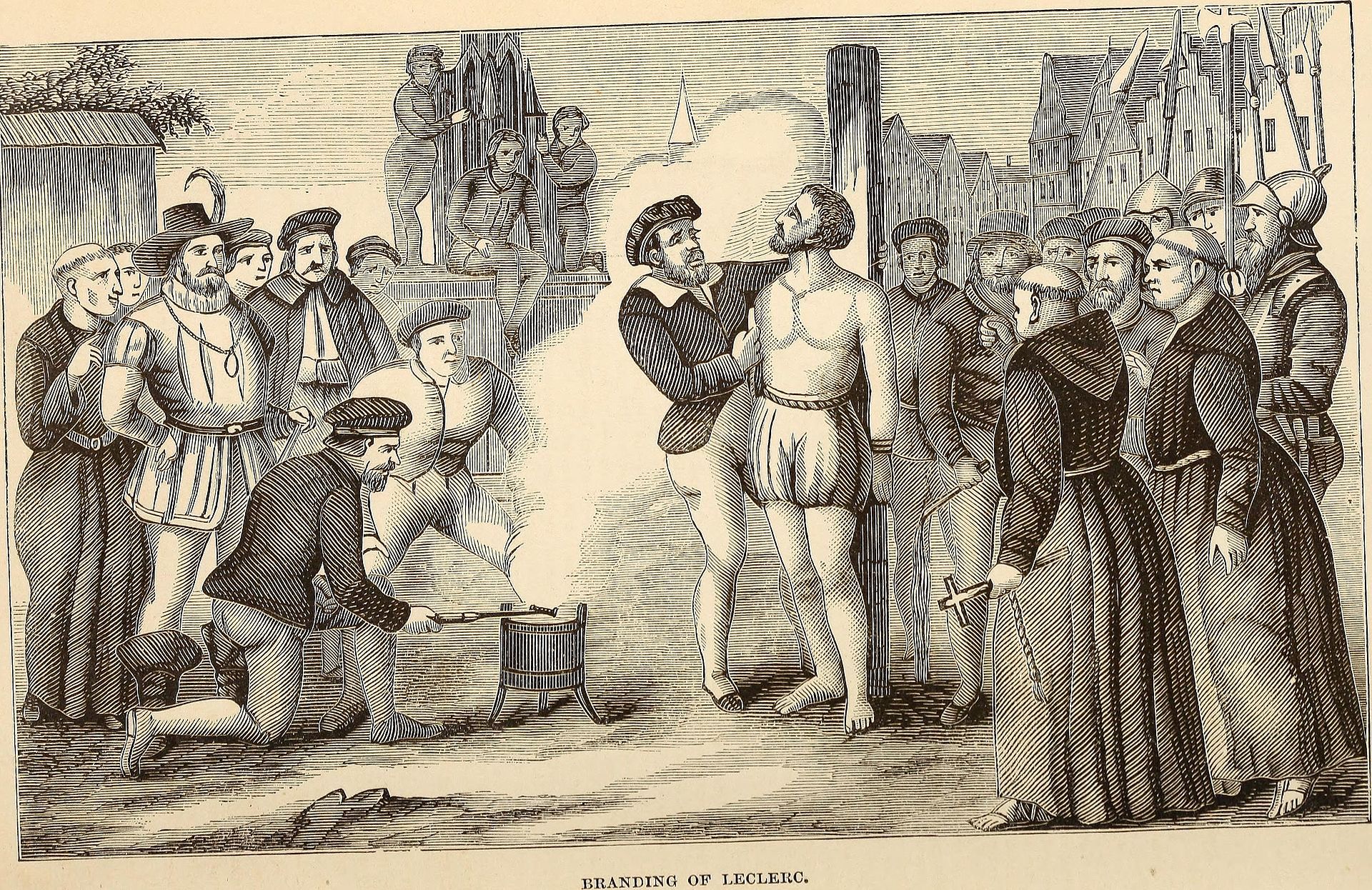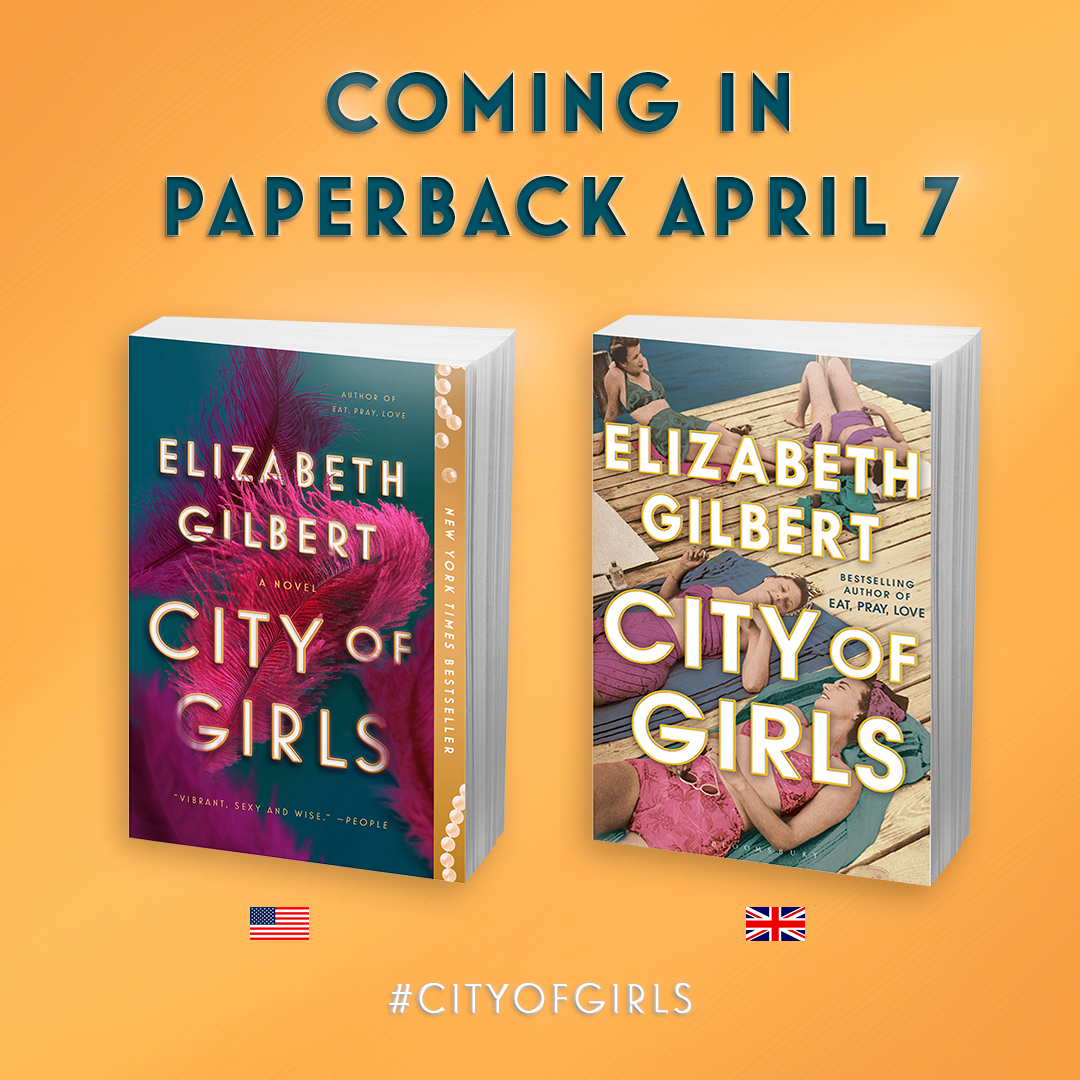I See Said the Blind Poet

planksip: Content Creation; Academic Marketing & Journalism Training
The pressure for steady content creation can make academics feel frazzled. If you've been in academia for any time, you're familiar with the aphorism, "publish or perish."
This intense need to place new work in journals at a breakneck pace leaves little space to explore and exchange new ideas. Some experts argue it contributes to submitting inferior work to academic journals, among other issues.
To complicate matters, the value of published work is often tied to the journal's prestige, not the research's merit. You have to pay to get your work and images published. Then, there's the "third reviewer" — that pernicious individual perpetually charged with halting article acceptance.
(we are being facetious, we have a tremendous amount of respect for Academic Journals)
Fortunately, there's a better model. One that will allow you to pursue academic marketing while putting forth meaningful, engaging work that garners a paycheck.
Keep reading to learn more about planksip and why you need to be a contributing member.
An Organic, Objective Framework
The planksip platform started with an organic yet objective framework. One designed to engage with famous intellectuals of our past.
It's the internet's version of a 17th-century salon or atelier—a place where ideas get cultivated and explored in meaningful, growth-producing ways.
Unlike the academic publishing paradigm above, the planksip model provides the framework to better your writing. It also makes you a better researcher, reviewer, and thinker. All while promoting the free exchange of ideas, past and present.

The program is rooted in planksip's "Figures of Speech." This page of the website is dedicated to helping academics create content.
How? With inspiring quotations from eclectic thought leaders. "Figures of Speech" is a collection of more than 1,500 carefully collected quotations from the giants of the past. The collection continues to grow, promoting academic co-authorship.
"Figures of Speech" contains ideas worth remembering, celebrating, and expanding upon. They represent ephemeral reflections, culturally transmitted through the Logos of learning.
These tidbits of knowledge permit academic authors to liberate their inspiration. These ideas allow for exploration of the full richness and depth of natural philosophy--both past and present.
Mendel's Hidden Genius
Developing the planksip publishing model, seeking inspiration from natural processes, including human genetics.
For example, we call a variant form of a gene an allele. Some genes have a variety of different forms. These forms are located on a chromosome at the same genetic locus or position.
Why are humans referred to as diploid organisms? We have two alleles present at each genetic locus. In other words, we inherit one allele from each parent.
We refer to each pair of alleles as the "genotype" of a specific gene.
These genotypes are described as homozygous when two identical alleles occur at a particular locus. Alternately, we call them heterozygous if the two alleles differ.
Alleles contribute to an organism's phenotype or outward appearance. Some alleles are recessive, while others are dominant.
What does it mean when an organism is heterozygous at a specific locus? It carries one dominant and one recessive allele. In other words, the organism expresses the dominant phenotype.
A Return to Experimentation and Self-Discovery
Alleles represents a fascinating metaphor when it comes to pairing the ideas of great thinkers from the past with the inspiration of modern scholars. They beg the question, "What academic fruit might be born from such co-authorship pairings?"
Gregor Mendel first ferreted out genetic inheritance. Mendel was an Augustinian friar, St. Thomas' Abbey abbot in Moravia, and a natural philosopher.
He stumbled upon the fundamental laws of inheritance through his work with pea plants. Publishing his work in 1866, it met with underwhelming recognition.
His work's profound significance wasn't recognized until the 20th century. Only then did he receive his desserts as the "Father of Genetics."

Nevertheless, it's tempting to long for the days of Mendel, when you could experiment and share your results without institutional pressure. Free from the woes of the "Publish or perish" mantra! With planksip, you gain a platform for experimentation and self-discovery, a haven to express your ideas.
Content Marketing for Academics
Whether you're an aspiring tenure-track professor or academic journalist, content creation must be foremost. However, academic authors often fail to recognize the need for what Elizabeth Gilbert calls "big magic."

In other words, creating space for inspiration.
Inspiration comes through the exploration of the Logos. It also requires submission to the external force of creativity.
We must first deconstruct the unusual history of the word "inspiration" before we truly understand its implications. What do I mean? The figurative sense of "inspiration" predates its literal one.
Originating with the Latin " inspiratus," means to "breathe in" or "draw air into the lungs." Within this superficial meaning lies buried a much deeper, spiritual one.
Breathing in the Gods
Inspiration refers to the taking in of an external, divine, creative force. Literally "breathing in the gods." Or, more specifically, the Muses of ancient Greece.
As Gilbert argues, "The universe buries strange jewels deep within us all and then stands back to see if we can... find them. The hunt to uncover those jewels that are creative living. The courage to go on that hunt... separates a mundane existence from a more enchanted one."
Countless beautiful things came out of the Scientific Revolution and the Enlightenment. Nonetheless, the advent of thinkers who advocated solely for using the five senses inadvertently impoverished one area of progress.
What am I talking about? The categorization of things that could not be "sensed" in a concrete way as "metaphysical." It got relegated to the dustbins of academic thought if it could not be measured, touched, tasted, seen, heard, or smelled.
Formerly accepted notions, such as the role of inspiration in scientific creation, became strange outliers. The metaphysics label came to plague many essential aspects of human existence. It has stunted academic writing in measurable ways.
Pushing the Envelope on Your Creativity
Yet, the best authors confirm that the writing process involves something magical, inexplicable, and external. And that magical, external thing is an inspiration. Unfortunately, the current "publish or perish" academic writing system can prove anathema to inspiration.
Fortunately, the planksip platform allows academics to take back their creativity. It permits them to explore external inspiration. At the same time, they can craft academic content that gets reviewed and examined by peers.
You can submit this content to regular contests for $500 to $8,000 in cash prizes. You can also publish as often as you'd like. Learning to embrace the mystical sparks of inspiration, tempered with the Logos and fueled by authors of the past, has never been easier.
What's that worth to you as an academic, writer, and artist? Gilbert assures readers, "Inspiration is always trying to work with you. Trust it, and it will trust you. The work wants to get made, and it wants to be made through you."
The planksip Publishing Model
At this point, you're likely wondering, "What is planksip, and how can it further my academic journalism career?" The program started in 2016 as a boutique digital book publishing agency and media outlet.
It specializes in publishing content related to:
- Philosophy
- Psychology
- Astronomy
- Quantum physics
- The ethics and science of climate change
- Biology
- Neuroscience of behaviour and culture
What makes the planksip platform so unique?
Its contextualization is within the tradition of Hellenic Western Philosophy. A tradition whose torch gets carried among contemporary thought leaders today.
This tradition provides the starting point for planksip's preferred cultural narratives. It also informs the curation of authorship on the site.
planksip offers a subscription-based service for North American authors with subsidized incentives for those in need.
The ultimate goal? Designating a fertile space where authors and thought leaders can come together—a place where they can compete on the world stage of thought and idea dissemination.
Digital Content Marketing for Academics
planksip provides you access to a creative space where innovation is cultivated. It also provides you with content marketing opportunities. In other words, you can market yourself and earn revenue through the platform.
Publishing through the platform will help you better understand your audience. You'll also learn how to captivate them (as opposed to capitalize on them).
Because the best content marketing is all about quality, your success in the platform will increase as you gain the ability to engage your audience. You'll also learn how to be a good content strategist.
Developing a Sound Content Marketing Strategy
What will guide your strategy?
Analytics.
As you meticulously monitor, track, watch, and report the number of visitors to your blog posts, you'll gain a greater sense of:
- How to refine and improve your writing
- Which tools, platforms, and apps perform best to disseminate your information
- How to utilize your time and resources most effectively to grow your readership
- How to blend the skills above for more tremendous success
planksip places the tools and resources you need at your fingertips. That way, you can develop a content marketing plan, evaluate it as you go along, and repurpose and retool content.
These are vital skills in the digital age that academics who want to succeed mustn't ignore. Like other authors, you should know how to market yourself, whether it's to a publishing house or university.
planksip can help you develop the best content for achieving structured creative output.
Other Channels for Your Content
While I've focused primarily on written content so far, it's important to remember that the internet has many possibilities. This statement is no less true when discussing other forms of content and the various channels through which it is disseminated.
Besides traditional blog posts and articles, planksip lets you share ideas via webinars, videos, photo essays, and more. Then, you can use these materials to:
- Generate a series of email courses to sell based on a webinar
- Develop blog posts so that they can later be used to create a whitepaper or case study
- Create an infographic out of a slideshow
- Create PDF guides out of old blog posts
- Repurpose content for courses and lectures
- Develop a platform to help secure nonfiction book deals
Where to start? It's as simple as joining the platform and establishing a specific direction for your content. Once you've created a robust framework for varied content materials, dive into the creative process.
Content Creation for Academics
You must have a fresh mindset when it comes to academic content creation. That means cultivating the ability to problem-solve and continuously learn new things. While content marketing is far from rocket science, it does require a learning curve.
This learning curve is steep in the beginning. Fortunately, with the planksip journalism program, you can draw on the advantages of working with an established platform to promote your work.
You'll hone the ability to experiment with idea dissemination, drawing on inspiration from the past. What's more, you'll gain real-world knowledge of how content marketing works while developing a public persona and platform you can be proud of.
Who knows, you might make a few thousand friends or two. The reverse is also true, but this is a matter of order and nothing predictive. The rest is up to you, my friend.
The Audacity of the Imagination
Perhaps nobody said it better than John Dewey when he observed, "Every great advance in science has issued from a new audacity of the imagination." Let planksip help you cultivate that "audacity of the imagination" with an unparalleled platform.
When you join, you'll be in the company of colleagues. You'll compete against one another and peer review each other's work, honing your content creation skills along the way.
To start, you'll need to articulate a clear vision of your goals for success. The program can help you define these objectives and develop the right strategy to complement your career trajectory. It'll also help you identify your strengths and areas that require further growth.
Then, through the platform's unique approach to publishing and mentorship, you'll gain the guidance to make leaps and bounds regarding compelling academic writing. So, what are you waiting for? Learn more about planksip and how it can help you get your educational content in front of the right audience.




